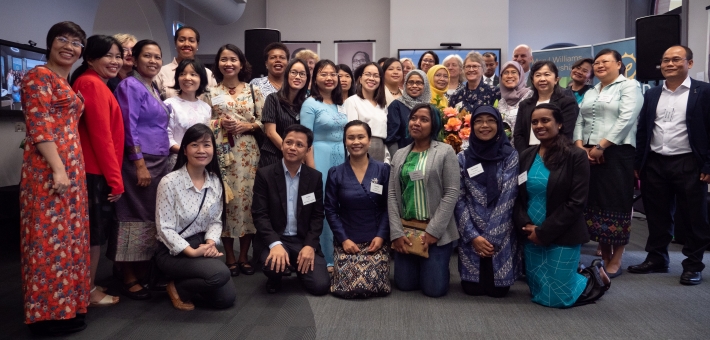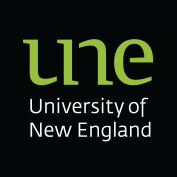A lack of women in senior agricultural leadership roles across the Indo-Pacific, has led to a partnership between the University of New England and the Australian Centre for International Agricultural Research (ACIAR).
“Through empowering influential women in agricultural science across the Indo-Pacific to play a greater role in their nations' policy and decision-making processes it will ultimately improve food security and reduce poverty," said ACIAR Chief Executive Officer, Professor Andrew Campbell.

The leadership program is being delivered through the Meryl Williams Fellowship, which will see groups of women with strong careers in agriculture-related research agencies across the Indo-Pacific undertake immersive training at UNE in management, workplace relations, career development and leadership. The participants will receive ongoing encouragement through a structured international mentoring program and work placements.
"The Meryl Williams Fellowship is about creating enabling environments and developing cohorts of women leaders that can take on more senior leadership roles within their organisations – in particular in the agricultural research world, but also in policymaking environments, NGOs and industry. In any environment, including our own, we know that organisations perform better when they draw on the full range of skills available to them.” Prof. Campbell said.
UNE's Dr Rebecca Spence, who is leading the training, begins by making the Fellows aware of the values they bring to their work and life.
"Once the participants get a clear understanding of where their strengths lie and how their values align with, or complement, or diverge, from their team's values and workplace values, they can better understand why people around them act the way they do," Dr Spence said. "We also explore how gender is perceived in each country and what that means for practising leadership as a woman."
The challenge
Empowering communities by creating and sharing knowledge.
How we help
By partnering with organisations and personalising the learning journey.
Impact on the community
Supportive learning journeys that are distinctive in their accessibility and flexibility empowering students to make a difference locally, regionally and globally.



